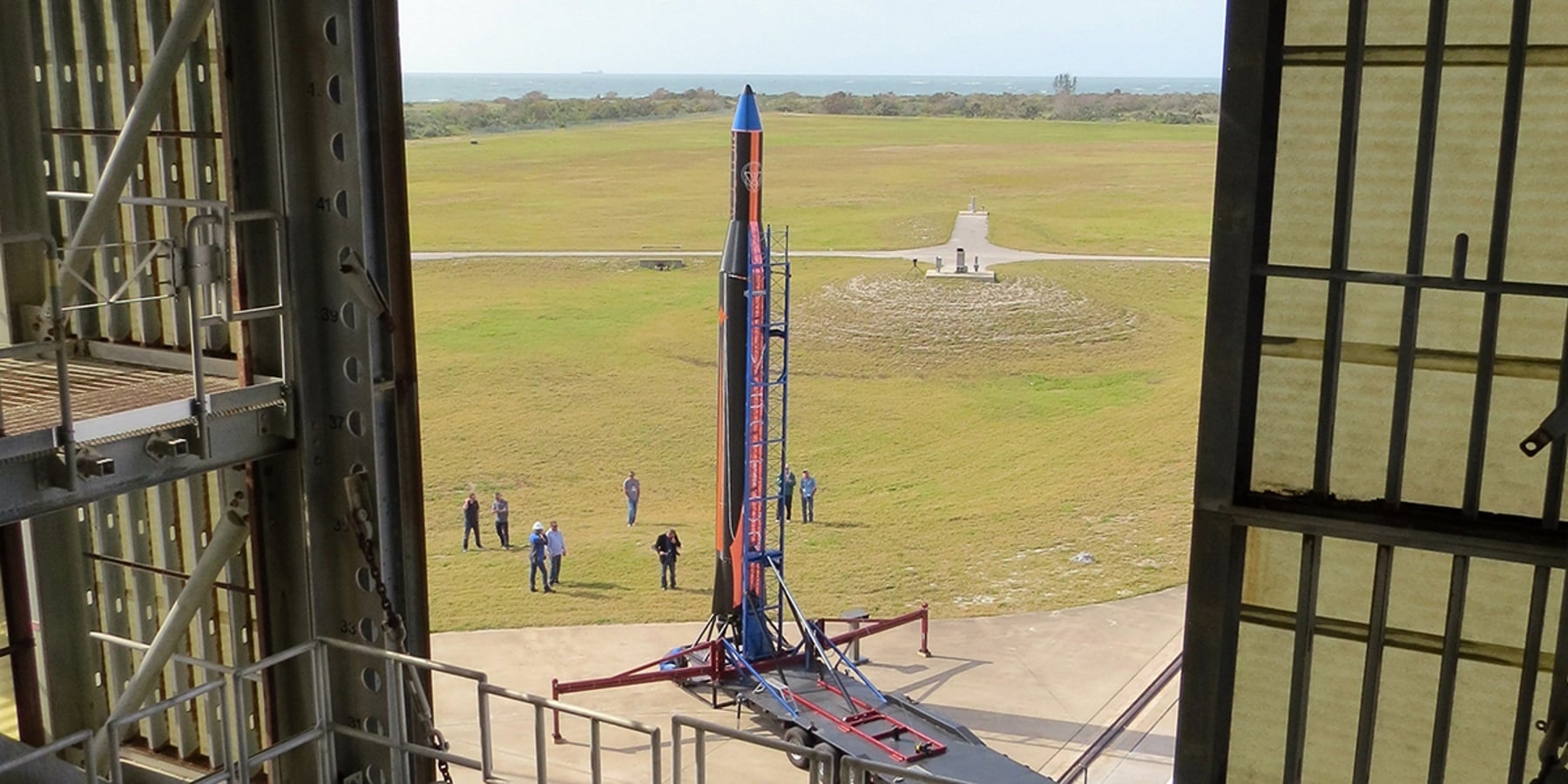Three conservation groups and a homeowner’s association are challenging the Federal Aviation Administration’s decision to issue an operating license for Spaceport Camden, the proposed commercial spaceport located a few miles from Cumberland Island National Seashore.
The 84-page complaint filed late last week in federal district court for the District of Columbia details the FAA’s alleged failures to protect safety and to make information public when it reviewed the application and granted the license in December. It also reveals that at least one FAA official believed Spaceport Camden is not commercially viable.
“The first issue is the FAA’s review and did they properly review this site as required under various laws,” said Brian Gist, senior attorney with the Southern Environmental Law Center, which is representing One Hundred Miles and The National Parks Conservation Association. “And the second thing is, should the site have been licensed at all? Our belief is that if the FAA properly applied its own regulations, they would not have issued this launch license.”
The complaint also outlines issues never resolved between the FAA and Cumberland Island National Seashore, the largest maritime wilderness on the U.S. eastern seaboard.
“This national park site was designated by an act of Congress to protect sensitive wildlife and priceless history,” Emily Jones, Southeast Regional Director for the National Parks Conservation Association said in a prepared statement. “It was not protected so private companies could fire off rockets next to its shores. Rockets launched from the proposed site endanger park staff, visitors, and resources, as well as the lifeblood of a thriving local tourist economy. Science, economics and common sense indicate Camden County’s proposed spaceport lacks merit.”
Attorneys Jon Schwartz and William S. Eubanks II are representing the plaintiff Little Cumberland Island Homes Association, whose shareholders are the owners of 100 residential lots on Little Cumberland Island. Forty-three lots have private homes and 57 lots have been left in their natural state. The attorneys also represent the Caretta Foundation, a research and conservation nonprofit founded by members of the Little Cumberland Island community.
The filing details how Little Cumberland representatives “questioned Spaceport Camden’s commercial viability given the potential risk to the public, cost, and operating restrictions that would be required. In the presence of his colleagues, former Associate Administrator (Wayne) Monteith responded that Spaceport Camden was not a commercially viable launch site and that ‘some spaceports just want to sell hats and t-shirts.’”
The FAA declined to comment on the ongoing litigation, spokesman Steve Kulm said.
Camden County, which has spent seven years and more than $11 million to develop the spaceport as an economic development tool, is not named in the suit. County Manager Steve Howard, County Attorney John Myers and Spokesman John Simpson did not immediately respond to a request for comment. But the county is dealing with other ongoing spaceport-related litigation.
Spaceport Camden not yet been built, nor has the county purchased the property for the facility, which is envisioned as a commercial site for the launch of small rockets. In a special referendum in March, Camden County voters overwhelmingly decided the county should not purchase the 4,000-acre Union Carbide site for the spaceport. The Camden County Commission rejected the vote and is appealing to the Georgia Supreme Court to invalidate it.
SELC requested information about Spaceport Camden’s licensing process from the FAA in 2018 under the Freedom of Information Act. When the FAA did not provide the information, SELC sued to get access.
Among the documents it eventually received were emails that shed doubt on the project. In an August 2021 letter, FAA official Dan Murray explained that the FAA “has no information sufficient to support an environmental review of an actual launch vehicle at this time or in the foreseeable future.”
Much of what the filing criticizes are omissions. Spaceport Camden is the closest spaceport to downrange populated areas ever licensed by the FAA. Yet, the final environmental impact statement does not disclose the probability of a launch failure. And even though Camden changed its application from medium-lift to more failure-prone small-lift rockets before the final EIS was issued, that document doesn’t say how much more likely small rockets are to fail.
In all, the filing lists, along with the FAA’s own regulations for licenses to operate a launch site, four laws with which it alleges the FAA failed to comply:
- National Environmental Policy Act
- Section 4(f) of the Department of Transportation Act
- National Historic Preservation Act
- Cumberland Island National Seashore enabling legislation
Much of the concern is based on the way the FAA, which has a dual mandate to promote the commercial space industry but also to ensure public safety, has kicked important safety evaluations down the road without making that clear to the public.
“They’ve authorized this site based on a small rocket that doesn’t exist. But they’re going to offer the site for any small class rocket,” Gist said. “And then they’ll evaluate at that time whether that rocket can be safely launched. So this effectively opens the door to future launches that might be different, might be larger, might be more dangerous than the ones they considered in the application.”
This story was provided by WABE content partner The Current.








